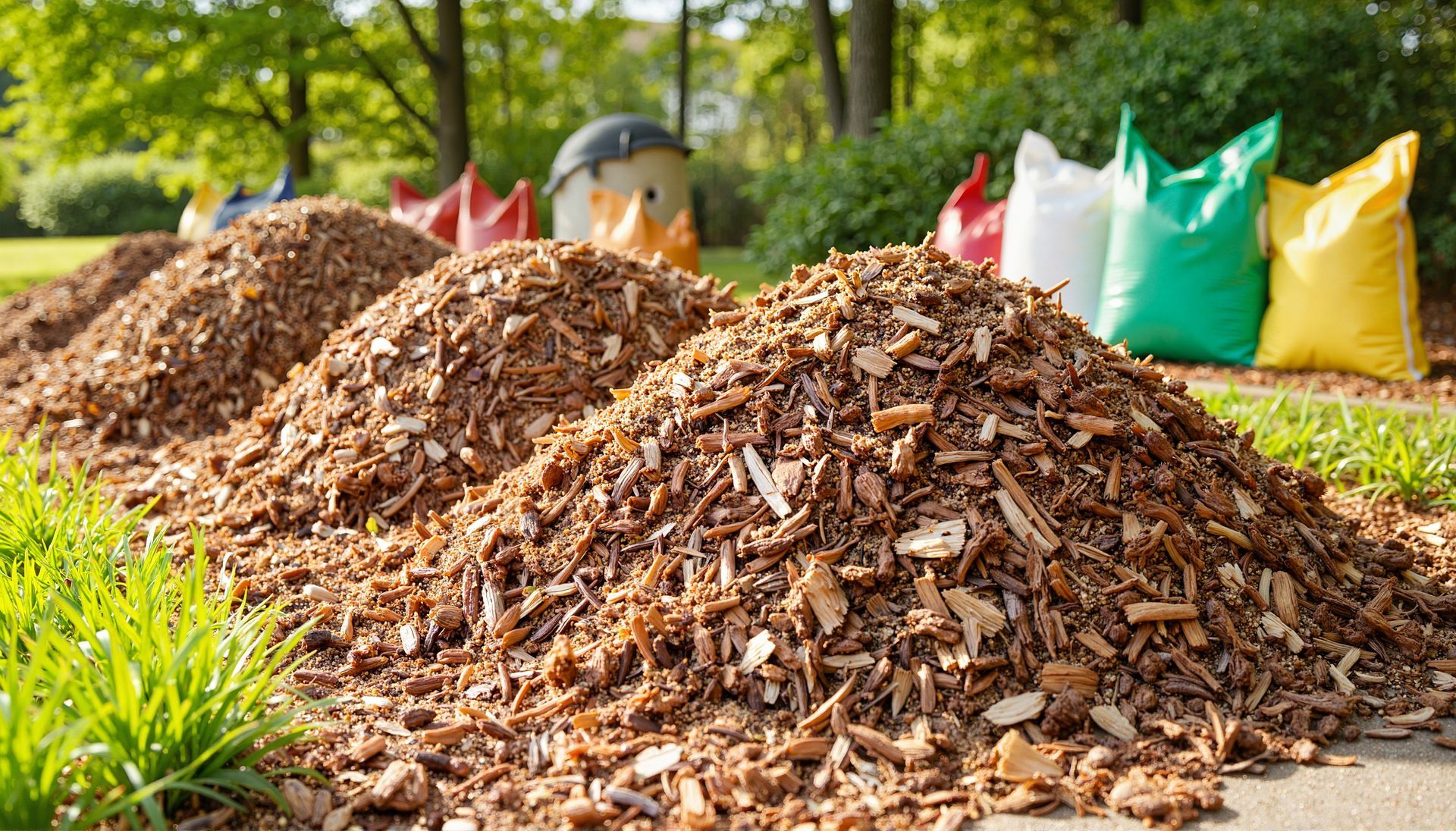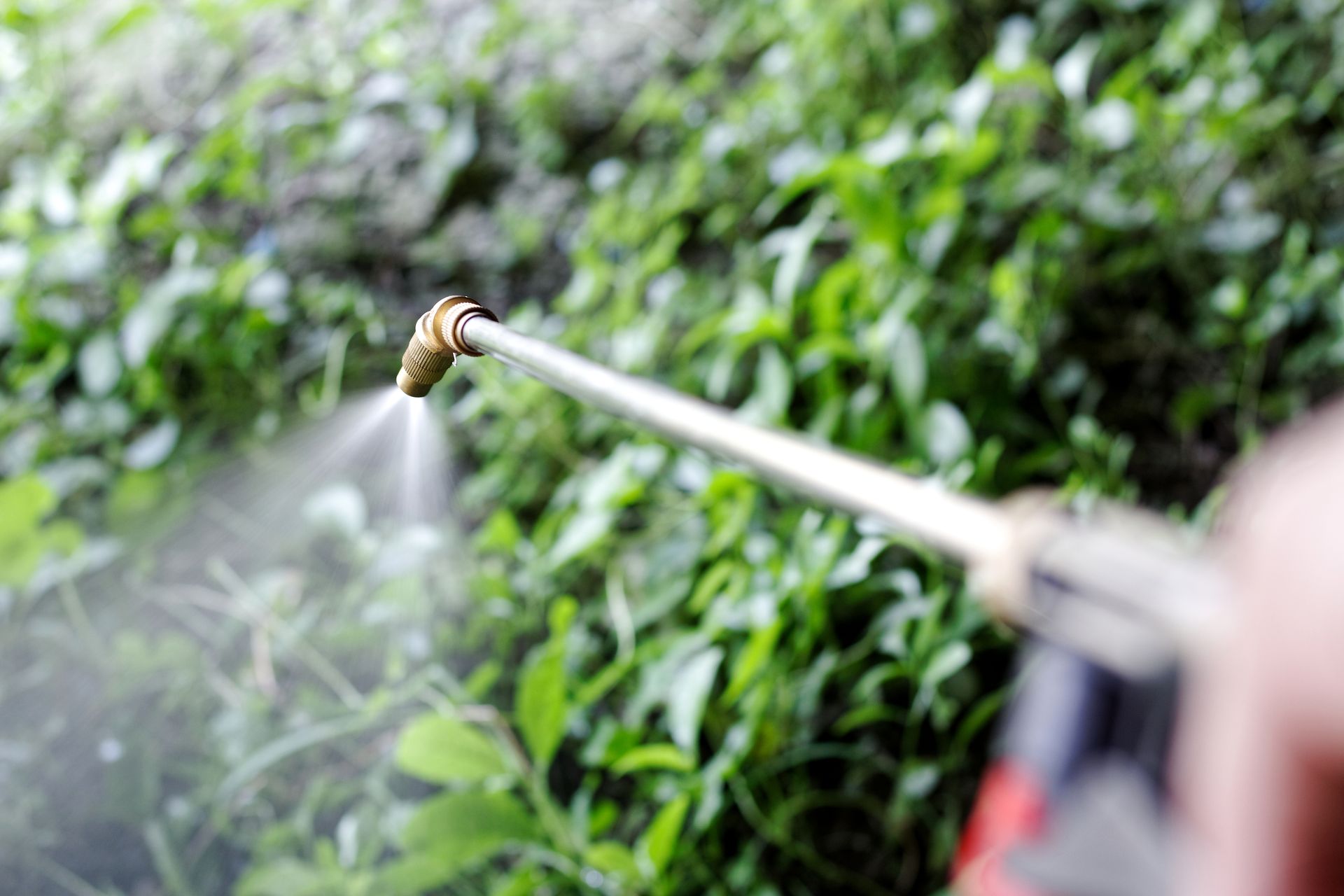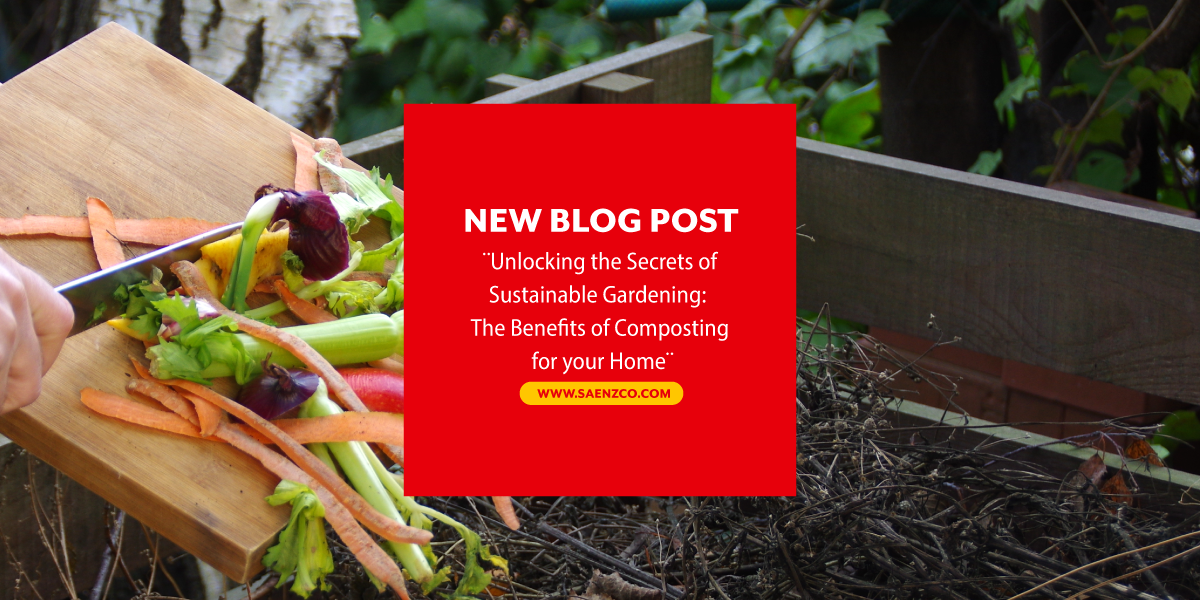The Positive Impact of Composting on Local Biodiversity and Soil Health
Composting has emerged as a cornerstone of sustainable practices, offering significant benefits to local biodiversity and soil health. By converting yard waste into nutrient-rich compost, homeowners can play a pivotal role in reducing the burden on landfills while enriching their gardens and lawns. This eco-friendly approach not only supports the growth of healthy plants but also fosters a thriving ecosystem, inviting beneficial insects and microorganisms to flourish. Our collaboration with New Green Organics exemplifies a commitment to responsible lawn care, ensuring that every truck of yard waste contributes to a greener future. Let's explore how integrating composting into your routine can lead to a more vibrant and sustainable environment.

Benefits of Composting for Soil
Composting offers a natural way to enrich soil, making it an essential practice for any gardener or homeowner. Let's look at how these benefits extend to our gardens and lawns.
Enriching Gardens and Lawns
When you add compost to your garden, you're giving your plants a boost. Compost acts as a natural fertilizer, supplying essential nutrients that your soil might be missing. This nutrient boost leads to healthier plants and more vibrant blooms.
- Nutrient-Rich: Compost contains nitrogen, phosphorus, and potassium, crucial for plant growth.
- Improved Soil Structure: Compost improves soil texture, making it easier for plant roots to grow.
Consider composting as a long-term investment in your garden. Over time, it boosts the soil's organic matter, leading to sustainable plant health. Check out these composting benefits for more insights. Not only does composting help your plants, but it also reduces your dependence on chemical fertilizers, which can be harmful to the environment.
Supporting Soil Health Naturally
Healthy soil is a living ecosystem. Composting naturally supports this ecosystem by replenishing beneficial microorganisms. These microorganisms are crucial for breaking down organic matter and enhancing soil fertility.
- Disease Resistance: Compost helps soil resist plant diseases and pests naturally.
- Moisture Retention: Compost increases the soil's ability to retain moisture, reducing water needs.
The role of composting in soil health is well-documented. According to Sustainable Agriculture, composting enriches soil, promoting healthier plant growth. By fostering a nutrient-rich environment, composting makes your lawn more resilient to drought and stress, ensuring lush greenery year-round.
Enhancing Local Biodiversity
Composting isn’t just about the soil. It plays a pivotal role in enhancing local biodiversity by creating an inviting environment for various organisms. Let's explore how this works.
Attracting Beneficial Insects
A compost-rich garden becomes a hub for beneficial insects, which play a vital role in pest management and pollination.
- Pollinators: Bees and butterflies are attracted to the diversity of plants supported by rich soil.
- Predators: Ladybugs and beetles help control pest populations naturally.
Creating a haven for beneficial insects is a fantastic side effect of composting. The NRDC highlights how composting promotes a balanced ecosystem. By attracting these helpful critters, composting reduces the need for chemical pesticides, making your garden safer for everyone.
Supporting Diverse Plant Life
With compost, you can support a wider variety of plant life. Different plants need different nutrients, and compost provides a balanced supply.
- Diverse Nutrients: Compost includes a range of nutrients not found in synthetic fertilizers.
- Healthy Growth: A variety of plants means a more robust ecosystem.
Supporting diverse plant life ensures that your garden is not only beautiful but also functional, as EPA notes, promoting overall ecosystem health. Diverse plant life attracts more species, boosting biodiversity and enhancing the resilience of your local environment.
Sustainable Yard Waste Solutions
Turning yard waste into compost is a sustainable solution for waste management. It reduces landfill contributions and gives back to your garden.
Reducing Landfill Contributions
By composting yard waste, you significantly cut down the amount of waste heading to landfills. This is crucial for reducing greenhouse gas emissions and conserving landfill space.
- Waste Reduction: Composting yard waste reduces overall waste by up to 30%.
- Emission Reduction: Less waste in landfills means fewer methane emissions.
The environmental benefits of composting are highlighted by LJP Waste Solutions. This step in your composting journey not only helps the planet but also turns waste into a valuable resource for your garden.
Creating Nutrient-Rich Compost
Creating nutrient-rich compost from yard waste is a straightforward process. Here’s how you can do it:
- Collect Yard Waste: Gather leaves, grass clippings, and small branches.
- Layer and Turn: Alternate green and brown materials, turning the pile regularly.
- Monitor Moisture: Keep the pile moist but not soggy.
For those interested in composting, the Composting Council offers detailed guidance on creating the perfect compost pile.
By taking these steps, you contribute to sustainability and ensure that your garden receives the best possible nutrients..
You may also like



